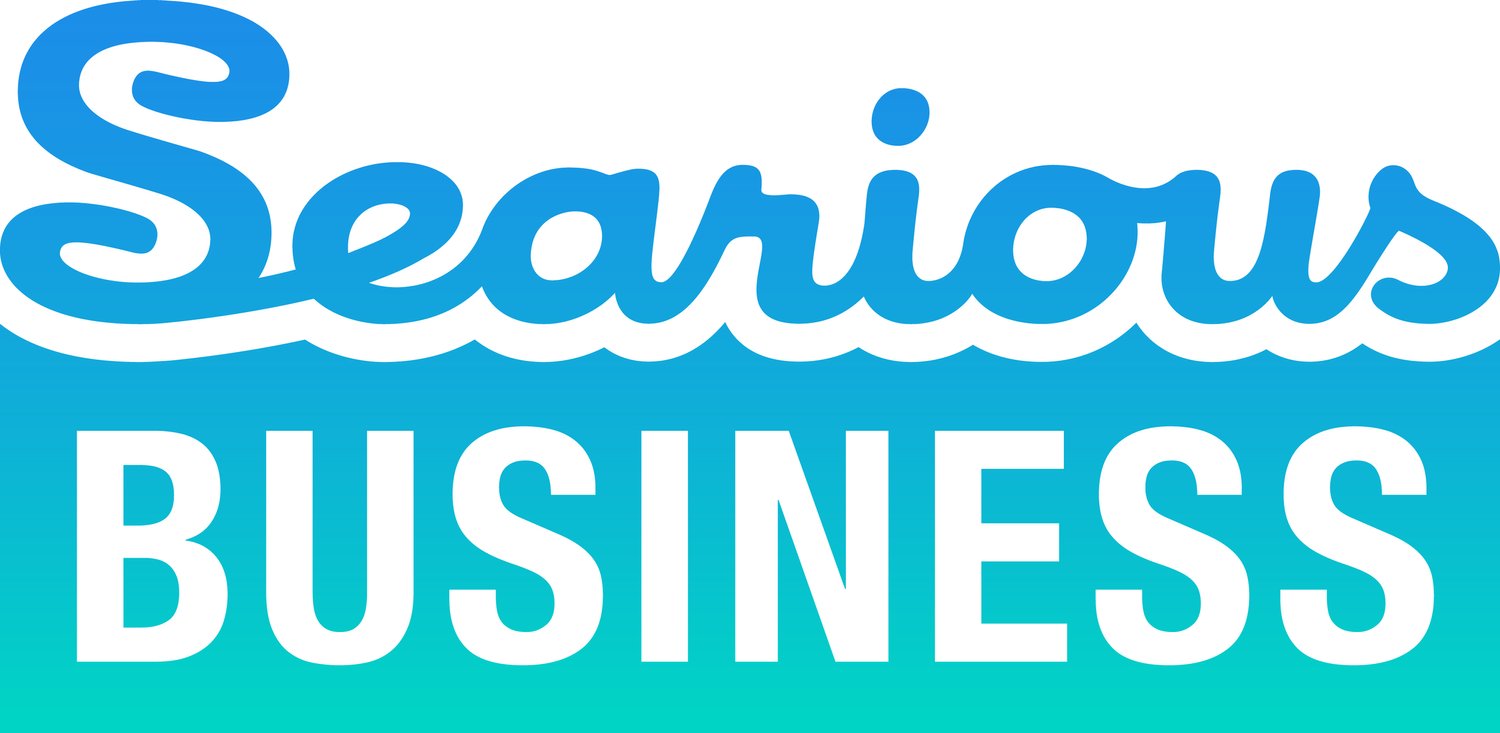MOSSUP 2 – More Moroccan supermarkets join the fight against single-use plastic
New troops in the struggle against plastic waste
Searious Business, a Dutch circular plastics company, launched its Moroccan Supermarkets tackling Single-Use Plastic (MOSSUP) scheme in March this year. Their mission: to ‘close the tap’ on plastic waste entering the environment in Morocco. The biggest supermarket chain in Morocco, Marjane, introduced two pilot schemes in their Rabat stores to stem single-use packaging being generated in retail. A PET bottle-to-bottle recycling scheme and reusable containers at the delicatessen counters. The scheme has been so well received that Marjane has decided to expand the project to a second location: Marjane Hay Karima Salé. Meaning even more plastic can be recovered and kept out of our ocean.
Battle Strategy
"Upscaling was always part of the plan", explains Anna-Lena Henke of Searious Business. The initial pilots were designed to provide proof of concept to expand across the brand chain. Marjane has collected hundreds of kilos of PET bottles through the collection scheme, bottles that previously would have ended up in the trash. Surveys show that Moroccans are environmentally conscious, do not want to throw plastic in the bin, and have been waiting for a collection scheme to enter their market. Customer reaction to the collection points has been overwhelmingly positive. They are happy to finally have a high quality and convenient way to dispose of their PET bottles. Marjane is equally satisfied with the results so far: Mr Azami, CEO, says, "We are very happy about the MOSSUP project in our two pilot stores and see it as our responsibility to protect the environment where we can. The MOSSUP project gives Marjane a great opportunity to do so”.
The fight continues
The scheme, funded by The Netherlands Ministry of Foreign Affairs programme for Small Business Innovation Research, the Marocaine pour la Protection de l’Environment et du Climat (ASMAPEC) and the Moroccan Ministry of Industry, Trade and Investment, will help stop plastic waste from entering the ocean through mismanagement. The WWF estimates that as much as 55% of plastic waste leaks into the Moroccan environment due to uncollected trash and illegal dumping. This rubbish gets into the Mediterranean and affects fishing, tourism and shipping, not to mention the adverse effects on marine biodiversity. By introducing circular schemes such as these, it is estimated that over 26 million bottles could be collected every year in Rabat alone. This would equate to savings of 790 tonnes of CO2, and 530 tonnes of plastic waste avoided.
Calling Reinforcements
PET bottles have the highest potential for a clean recycling loop of all plastics. It is a highly valued material that can easily be recovered and reused repeatedly, making it the most recycled form of plastic in the world. Therefore, it makes financial sense to start keeping it in the economy. Official collection schemes such as this one can also contribute to a more stable income for waste-pickers such as the cooperative Laayayda Li al Farz and boost the further development of efficient recycling systems in Morocco. Morocco's people are ready for a fully integrated national container deposit scheme. Retail outlets and the waste management sector are starting to work together. Now is the time for beverage producers to take responsibility for their packaging and support the recycling system in Morocco.
If you’d like to know more about the project contact Emma@Seariousbusiness.com

